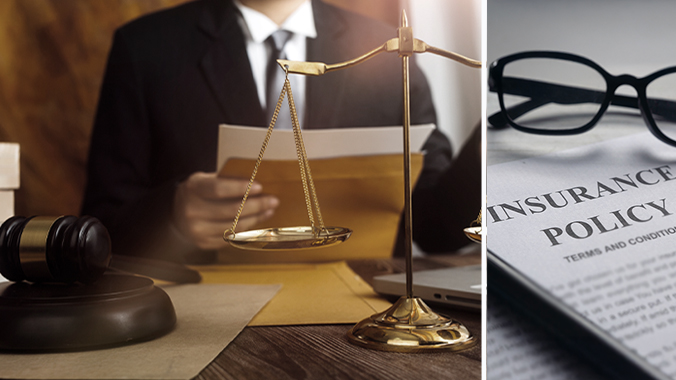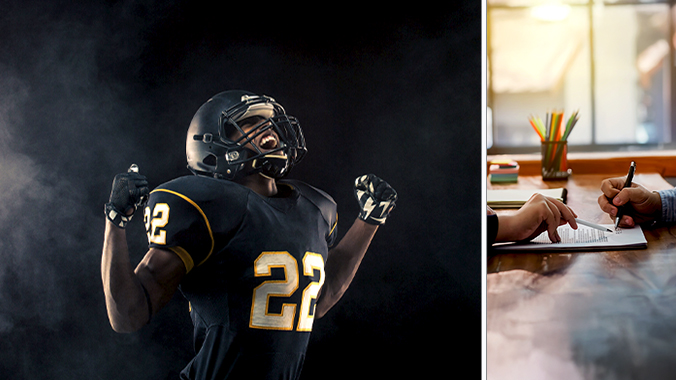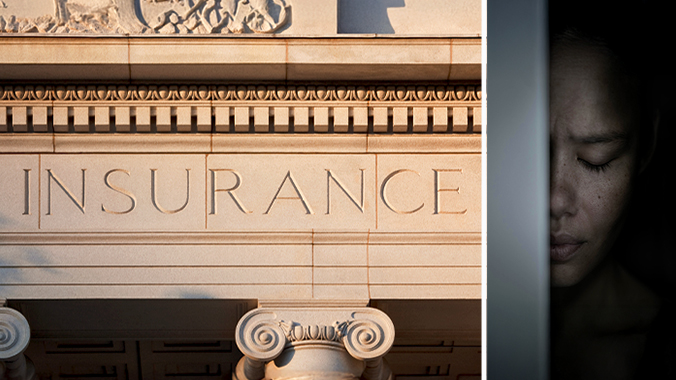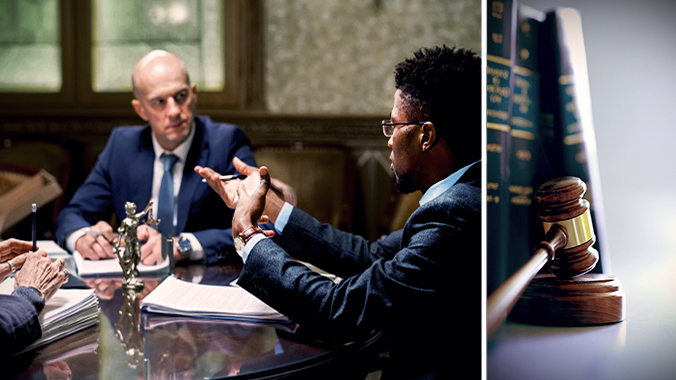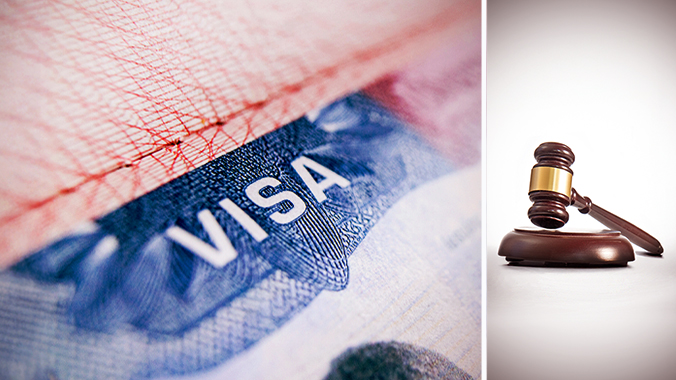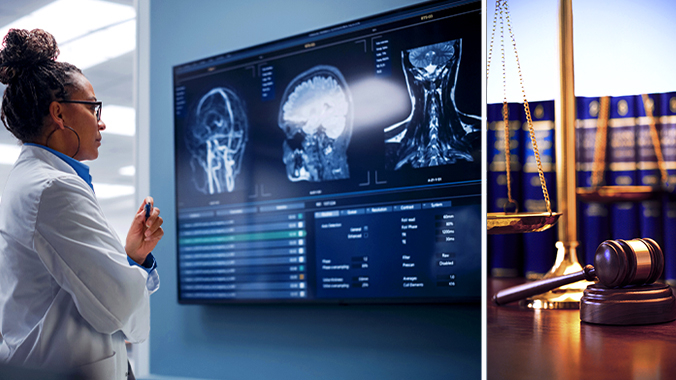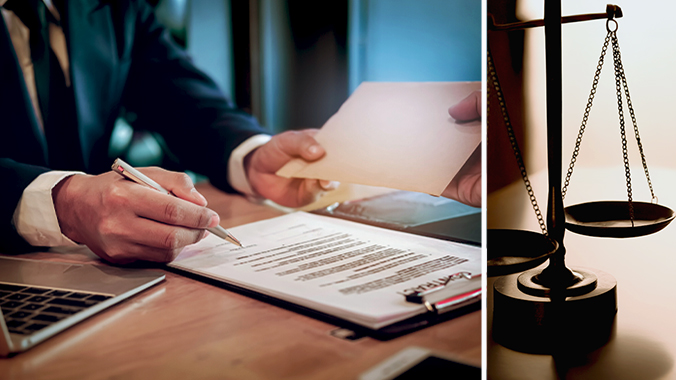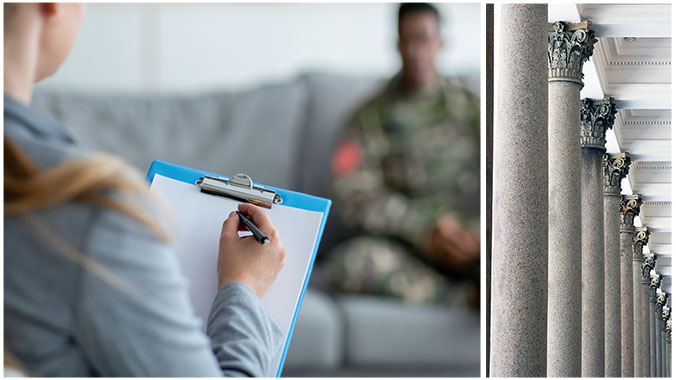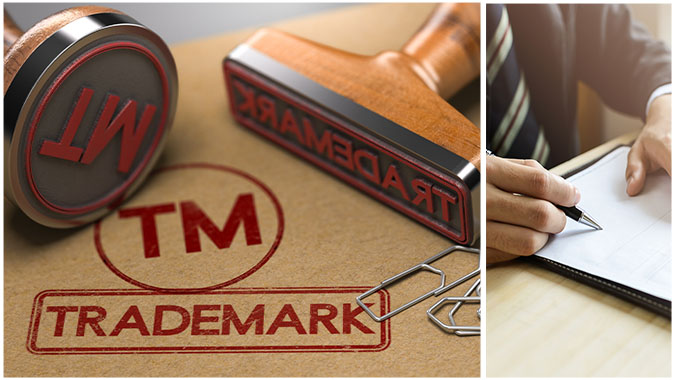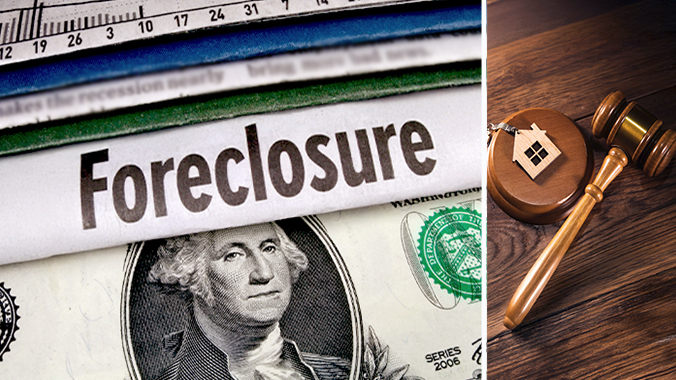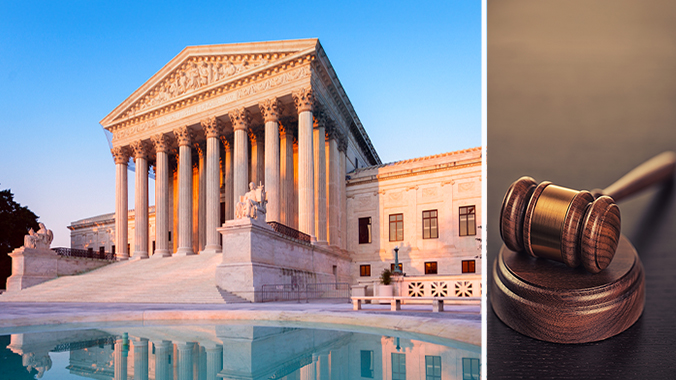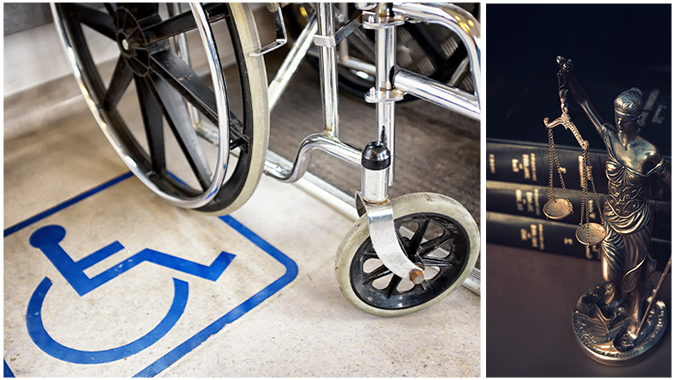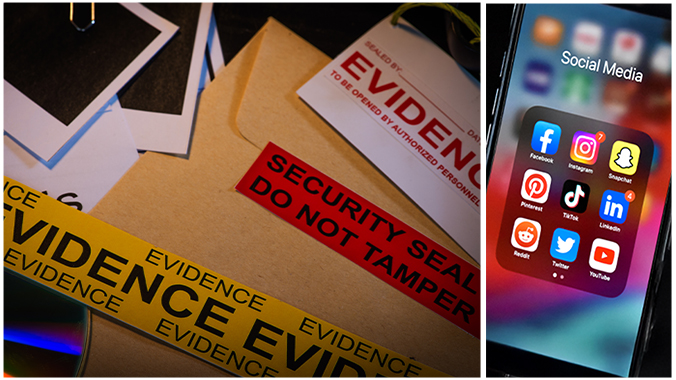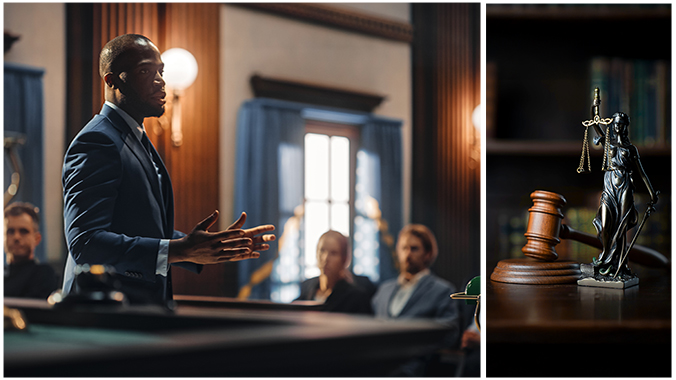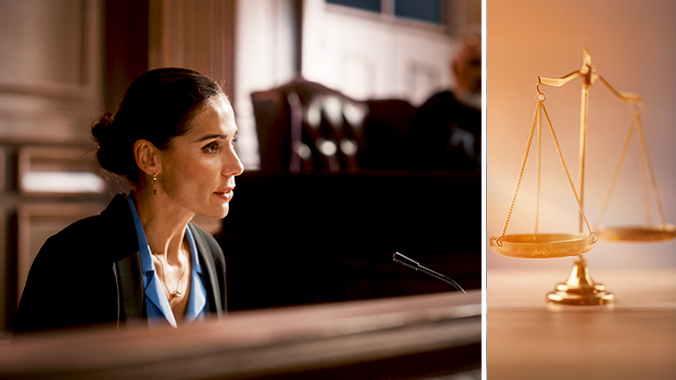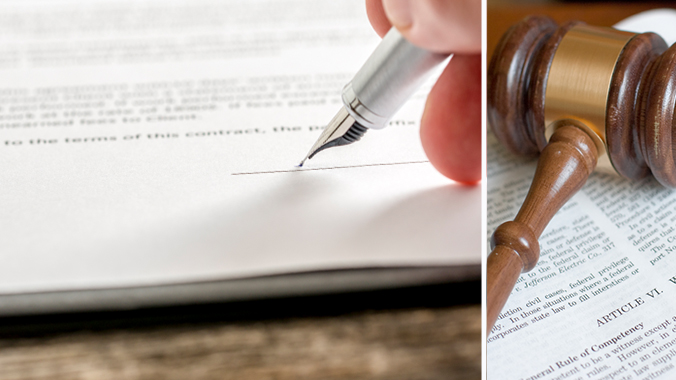The Litigator’s Guide to Evidentiary Objections: When to hold them and how to avoid mistakes (Including 1hr of Ethics) [2024 Edition]

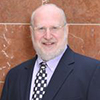

2 hour CLE
Tuition: $195.00
Get this course, plus over 1,000+ of live webinars.
Learn More
Training 5 or more people?
Sign-up for a law firm subscription plan and each attorney in the firm receives free access to all CLE Programs
Program Summary
Session I - Objection Tactics: The litigator’s roadmap to effective evidence challenges - Robert J. Foster
Every trial has four realities: What happened, what the Plaintiff says happened, what the Defendant says happened and what the jury decides happened. The Rules of Evidence play a major role in determining what a jury decides happens. This seminar will focus on recognition of potential evidentiary issues during the discovery phase and identify strategies to anticipate and avoid evidentiary issues in motions and trial. The seminar will then discuss the appropriate methods to raise, counter and preserve objections to evidentiary issues at trial.
Key topics to be discussed:
- Most common evidentiary issues at trial
- Common mistakes during discovery that create evidentiary problems
- Resolving difficult authentication issues
- Proper use of motions in limine
- Making a proper objection
- Preserving evidentiary objections for appeal
Session II – Ethical Considerations in Litigation Strategy – Arthur D. Burger and Caroline Y. Lee-Ghosal
A litigator’s strategy in connection with discovery and evidentiary issues for trial often revolves around the applicable procedural rules and rules of evidence. However, the litigator that fails to give due regard in their strategy to the potential impact of the ethical rules does so at their peril. Ethical rules and considerations play a major role in shaping and determining what evidence may be obtained during discovery and ultimately presented at trial. This seminar will focus on identifying potential ethical hazards associated with evidentiary issues and discuss how to prepare for and/or address these issues when they arise in discovery and at trial.
Key topics to be discussed:
- Ensuring compliance with discovery obligations and confronting spoliation issues
- Protecting privileged communications, including handling inadvertent production of privileged material
- Ethical considerations in witness preparation
- Handling concerns regarding potentially false testimony or fraudulent documents
- Prohibition on lawyers asserting personal views
![]() Closed-captioning available
Closed-captioning available
Speakers
 Robert J. Foster | Reger Rizzo & Darnall LLC
Robert J. Foster | Reger Rizzo & Darnall LLC
Robert J. Foster, Partner in the firm’s Litigation Group, handles complex litigation matters, including class actions, minority shareholder disputes, unfair competition claims, Lanham Act claims, personal injury, first-party claims, UM/UIM arbitrations, insurance coverage claims, bad faith, and professional liability claims. He also has extensive appellate experience and has been asked to participate as Amicus Curiae by many prestigious organizations, including the Pennsylvania Trial Lawyers Association. Rob has been a consultant to many companies regarding indemnification, licensing, trademark, and copyright issues.
Rob is a frequent speaker at continuing legal education seminars on indemnification agreements, subrogation and liens, legal research and writing, technology, evidence, discovery, insurance coverage disputes, bad faith, and the Fair Share Act. Rob was an adjunct professor at Drexel University in the LeBow College of Business. From 2001-2018, he served as an adjunct professor at Temple University, teaching Legal and Ethical Issues in Sports and Recreation. He has also taught a similar class at Drexel University in the LeBow College of Business.
Rob has been certified by the NFL and NBA Players Associations as a player representative. He has negotiated marketing deals on behalf of athletes and companies, and advised sports facilities, organizations, and professional teams on risk management and contractual issues, and provided consultation and legal services to writers, musicians, and professional athletes. He has also engaged in national webcasts and written articles on liability matters facing amateur sports organizations.
 Arthur D. Burger | Jackson & Campbell, P.C.
Arthur D. Burger | Jackson & Campbell, P.C.
Art is chair of Jackson & Campbell’s Professional Responsibility Practice Group, representing law firms and lawyers in matters related to legal ethics and legal malpractice. He was selected as “Lawyer of the Year” in Washington, D.C. for Ethics and Professional Responsibility Law by Best Lawyers of America® for 2023 and the practice group has a Tier 1 Regional Ranking.
Mr. Burger is a national leader in legal ethics, legal malpractice, and the law governing lawyers. He has been representing prominent law firms and lawyers for over two decades.
Selected repeatedly as a Best Lawyer® in Ethics and Professional Responsibility by Best Lawyers of America© and as a Super Lawyer® in Professional Liability Defense, Art litigates in the areas of legal malpractice, fiduciary duties, motions to disqualify, internal law firm disputes, Bar disciplinary proceedings, and matters before the Office of Enrollment and Discipline of the U.S. Patent and Trademark Office. He also serves as outside counsel to law firms and provides guidance regarding potential conflicts of interest and other ethical dilemmas.
In addition to his experience as a practitioner, Art has a deep background in the jurisprudence of ethics law. He was a member of the Editorial Board of the ABA/Bloomberg Law-Lawyers’ Manual on Professional Conduct and is an Adjunct Professor at the Antonin Scalia Law School of George Mason University, teaching a night class in Professional Responsibility. He was a member of the ten-person American Bar Association (ABA) Committee on Ethics and Professional Responsibility from 2014 to 2017; an elected District of Columbia Bar Delegate to the ABA House of Delegates from 2011 to 2012, where he worked with the ABA Ethics 20/20 Commission; a member of the District of Columbia Bar Legal Ethics Committee from 2003 to 2009; a member of the District of Columbia Bar Rules of Professional Conduct Review Committee from 1998 to 2004; and he has taught numerous District of Columbia Bar continuing legal education courses (CLE) on legal ethics and has lectured around the country.
Art also serves as an expert witness on legal ethics and the standard of care for lawyers. In Diamond Resorts vs. Newton Group Transfers, LLC, 2022 WL 1642865 (S.D. Fla. 2022), the court found him “more than qualified to give his expert opinion in matters of legal ethics.”
 Caroline Y. Lee-Ghosal | Jackson & Campbell, P.C.
Caroline Y. Lee-Ghosal | Jackson & Campbell, P.C.
Caroline Y. Lee-Ghosal is an attorney in the Real Estate and General Litigation and Trial Practice Groups at Jackson & Campbell, P.C. She has represented lawyers in legal ethics, disciplinary, and professional liability matters, including in the recent cases of Attorney Grievance Commission v. Tatung and Attorney Grievance Commission v. Riely before the Supreme Court of Maryland. Caroline also represents clients in a broad range of civil litigation matters, involving complex commercial disputes as well as real estate and land title issues. She previously acted as in-house counsel for a regional healthcare provider, where she advised the company on business, regulatory compliance, and labor and employment issues. She also served as a judicial law clerk for the Honorable Lynne A. Battaglia, a senior judge of the Supreme Court of Maryland.
Caroline currently serves on the D.C. Bar’s Rules of Professional Conduct Review Committee. She earned her J.D. from the University of Maryland School of Law, where she served as Executive Editor for the Maryland Journal of International Law, and earned her B.S. in Biochemistry from Georgetown University.
Agenda
Session I – Objection Tactics: The litigator’s roadmap to effective evidence challenges | 2:00pm – 3:00pm
- Most common evidentiary issues at trial | 2:00pm – 2:10pm
- Common mistakes during discovery that create evidentiary problems | 2:10pm – 2:20pm
- Resolving difficult authentication issues | 2:20pm – 2:30pm
- Proper use of motions in limine | 2:30pm – 2:40pm
- Making a proper objection | 2:40pm – 2:50pm
- Preserving evidentiary objections for appeal | 2:50pm – 3:00pm
Break | 3:00pm – 3:10pm
Session II – Ethical Considerations in Litigation Strategy | 3:10pm – 4:10pm
- Ensuring compliance with discovery obligations and confronting spoliation issues | 3:10pm – 3:25pm
- Protecting privileged communications, including handling inadvertent production of privileged material | 3:25pm – 3:40pm
- Ethical considerations in witness preparation | 3:40pm – 3:50pm
- Handling concerns regarding potentially false testimony or fraudulent documents | 3:50pm – 4:00pm
- Prohibition on lawyers asserting personal views | 4:00pm – 4:10pm
Credits
Alaska
Approved for CLE Credits
1 General, 1 Ethics
Alaska
Approved for CLE Credits
2 General
Alabama
Approved for CLE Credits
1 General, 1 Ethics
Arkansas
Approved for CLE Credits
1 General, 1 Ethics
Arizona
Approved for CLE Credits
1 General, 1 Ethics
California
Approved for CLE Credits
1 General, 1 Ethics
Colorado
Approved for Self-Study Credits
1 General, 1 Ethics
Connecticut
Approved for CLE Credits
1 General, 1 Ethics
District of Columbia
No MCLE Required
1 General Hour, 1 Ethics Hour
Delaware
Approved for CLE Credits
1 General, 1 Ethics
Florida
Approved for CLE Credits
2.5 General, 1 Ethics
Georgia
Approved for CLE Credits
1 General, 1 Ethics
Hawaii
Approved for CLE Credits
1 General, 1 Ethics
Iowa
Approved for Self-Study Credits
1 General, 1 Ethics
Idaho
Pending CLE Approval
1 General, 1 Ethics
Illinois
Approved for CLE Credits
1 General, 1 Ethics
Indiana
Approved for Self-Study Credits
1 General, 1 Ethics
Kansas
Approved for Self-Study Credits
1 General, 1 Ethics
Kentucky
Approved for Self-Study Credits
1 General, 1 Ethics
Louisiana
Pending CLE Approval
1 General, 1 Ethics
Massachusetts
No MCLE Required
1 General Hour, 1 Ethics Hour
Maryland
No MCLE Required
1 General Hour, 1 Ethics Hour
Maine
Pending CLE Approval
1 General, 1 Ethics
Michigan
No MCLE Required
1 General Hour, 1 Ethics Hour
Minnesota
Approved for Self-Study Credits
1 General, 1 Ethics
Missouri
Approved for Self-Study Credits
1.2 General, 1.2 Ethics
Mississippi
Approved for CLE Credits
1 General, 1 Ethics
Montana
Approved for Self-Study Credits
1 General, 1 Ethics
North Carolina
Approved for Self-Study Credits
1 General, 1 Ethics
Nebraska
Approved for Self-Study Credits
1 General, 1 Ethics
New Hampshire
Approved for CLE Credits
1 General, 1 Ethics
New Jersey
Approved for CLE Credits
1.2 General, 1.2 Ethics
New Mexico
Approved for Self-Study Credits
1 General, 1 Ethics
Nevada
Approved for Self-Study Credits
1 General, 1 Ethics
New York
Approved for CLE Credits
1.2 General, 1.2 Ethics
Ohio
Approved for Self-Study Credits
1 General, 1 Ethics
Oklahoma
Approved for Self-Study Credits
1 General, 1 Ethics
Oregon
Approved for Self-Study Credits
2 General
Pennsylvania
Approved for Self-Study Credits
1 General, 1 Ethics
Rhode Island
Approved for CLE Credits
1 General, 1 Ethics
South Carolina
Approved for CLE Credits
1 General, 1 Ethics
South Dakota
No MCLE Required
1 General Hour, 1 Ethics Hour
Tennessee
Approved for Self-Study Credits
1 General, 1 Ethics
Texas
Approved for CLE Credits
1 General, 1 Ethics
Utah
Approved for Self-Study Credits
1 General, 1 Ethics
Virginia
Approved for Self-Study Credits
2 General
Vermont
Approved for CLE Credits
1 General, 1 Ethics
Washington
Approved for Self-Study Credits
1 Law and Legal, 1 Ethics
Wisconsin
Approved for Self-Study Credits
2 General
West Virginia
Pending CLE Approval
1 General, 1 Ethics
Wyoming
Approved for Self-Study Credits
1 General, 1 Ethics
#1 CLE Access Program
- Over 1,000 Live CLE Webinars each year
- All CLE webinars broadcasted in last 12 months
- Programs covering over 35 practice areas
- Hot topics & changes in the law
- All formats: Live, Replay, and On-demand
- Accreditation in every state
Access every CLE webinar,
every format, all year long!
myLawCLE All-Access Pass
only $395 yearly
Register Now
#1 CLE Access Program
- Over 1,000 Live CLE Webinars each year
- All CLE webinars broadcasted in last 12 months
- Programs covering over 35 practice areas
- Hot topics & changes in the law
- All formats: Live, Replay, and On-demand
- Accreditation in every state
Access every CLE webinar,
every format, all year long!
myLawCLE All-Access Pass
only $395 yearly
Preview
More CLE Webinars
Trending CLE Webinars


![The Litigator’s Guide to Evidentiary Objections: When to hold them and how to avoid mistakes (Including 1hr of Ethics) [2024 Edition]](https://mylawcle.com/wp-content/uploads/2024/03/The-Litigators-Guide-to-Evidentiary-Objections-When-to-hold-them-and-how-to-avoid-mistakes-Including-1hr-of-Ethics-2024-Edition_myLawCLE.jpg)







Upcoming CLE Webinars
